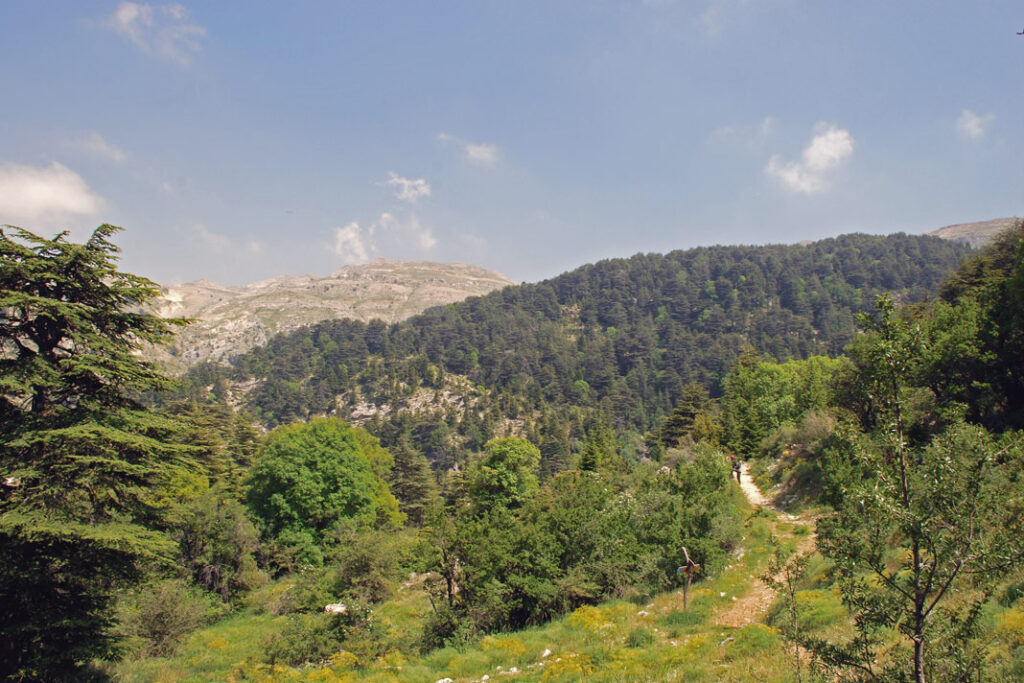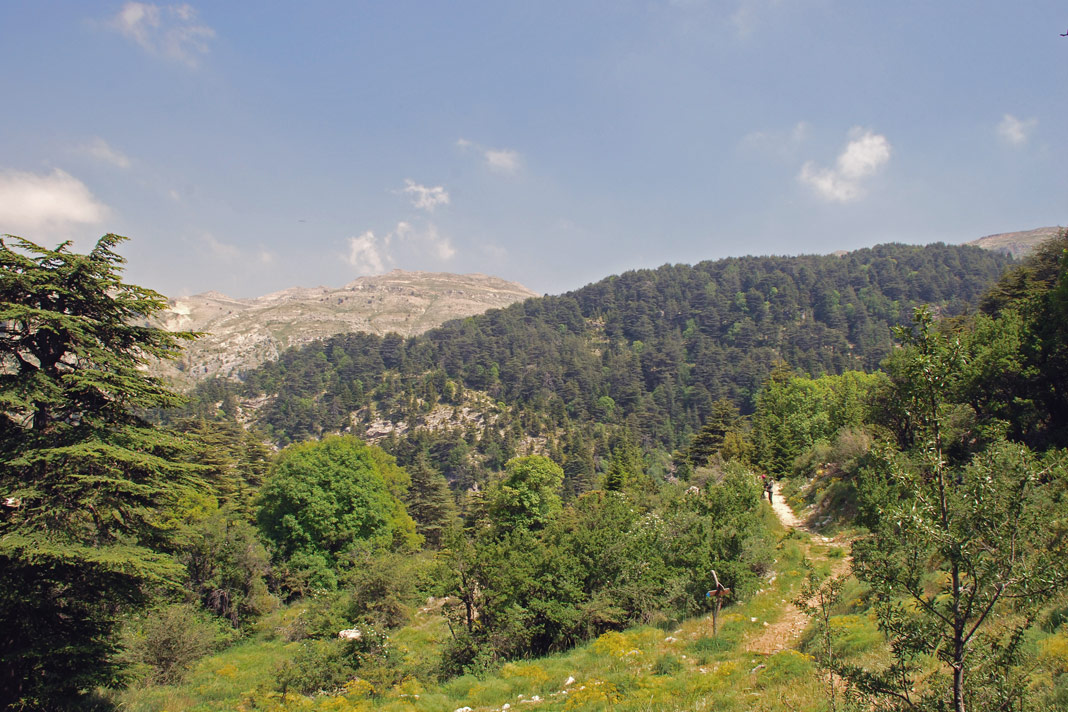
Communities of practice (CoP) are fundamental tools to build resilience and increase knowledge sharing: this is how the ResAlliance project intends to use this potential.
In Europe, there is an increasing frequency and intensity of hazardous events resulting in natural, and specifically climate-crisis related disasters. Nowhere is this more evident than in the Mediterranean region, which is said to be warming 20% faster than the global average resulting in reductions of 10 to 30% of summer rainfall, increasing water shortages, desertification, reduction of crop yield and increased risk of wildfires1. Such disasters don’t know boundaries and so current approaches and solutions that exist are often sector-specific and don’t often incorporate the more encompassing range of critical aspects of land management such as land tenure, access rights and governance, cultures and traditions. There is a need for more integrated approaches to land management, management at landscape level to achieve more resilient landscapes in the face of these disasters.
One way that researchers have tried to isolate the conditions that lead to a thriving community in the face of disaster is the study of resilience. Resilience is the capacity of communities in complex socio-ecological systems to learn, cope, adapt, and transform in the face of shocks and stresses. Landscapes comprise complex socio-ecological systems. The European Landscape Convention of the Council of Europe defines ‘landscape’ as an area whose character is the result of the action and interaction of natural and/or human factors2.
A key part of resilience is the existence of good governance, which Mercy Corps has identified as a process of decision-making that is accountable, transparent, just, responsive and participatory. The pursuit of good governance can be a beneficial strategy, involving the building of both formal and informal institutions and relationships that are implemented at the state, community and individual levels.
The EU-funded project ResAlliance aims to improve information and knowledge flow and increase the capacity of foresters and farmers on landscape resilience in the Mediterranean area. One of the fundamental structure introduced by the project will be the LandNet, which will continuously identify new cooperation and networks to improve and increase knowledge and good practices transfer, delivering an extensive range of easy-to-access material.
The engine of the LandLab, a tool to support knowledge transfer and activate regional landscape resilience solutions is the Community of Practice (CoP), which in general, we can define as groups of people that stimulate cross-organisation collaboration and knowledge sharing. They share a concern or a passion for something they do and learn how to do it better as they interact regularly.
In the ResAlliance project, the CoP is a specialised core group of people who facilitate extraction, articulation and engagement of core issues raised during project dissemination and exploitation activities with the key target audiences, formulating solutions in a participatory and inclusive way to reach project goals and impacts. The CoP has a specific focus on the Mediterranean region and its core team originates from 5 countries: Portugal, Spain, Italy, Greece, Cyprus.

Photo: FreePik
Resilience Ambassadors: key actors to enhance knowledge transfer
The project has designed its Community of Practice creating the figure of the Resilience Ambassadors: a group of experts, that will maximise knowledge transfer from the Community of Practice to the LandNet by interpreting and adapting selected case studies and solutions to meet these needs through various forms of engagement so they can then be shared through the wider LandNet. The LandNet will thereby allow and promote a bottom-up engagement approach where farmers and foresters themselves will have the opportunity to propose activities, events and contributions to the LandNet.
By sharing the solutions of such a process, ResAlliance aims to increase the future uptake of the landscape resilience approach. Within the CoP, the Ambassadors are supported with training, monitoring meetings and “peer to peer” confrontation in order to build an ‘experiential learning’ process through which ResAlliance aims to experiment a Good Governance for enhancing landscape resilience.
Over the three years of the project, in the wider context of the LandNet, the CoP will experiment with a Good Governance System for Landscape Resilience, with the aim of enhancing stakeholder’s capabilities to collaborate, share knowledge, and create new solutions to face climate change hazards.
The value of collaboration between local and European stakeholders, different expertise and multiple nations will make it possible to put into a system a series of transversal and necessary knowledge to increase landscape resilience, in the face of ever-greater challenges such as climate change and ecosystem destruction.
References
1https://www.ipcc.ch/assessment-report/ar6/
2European Landscape Convention and reference documents, 2000, Council of Europe
The post Community of practice: an inclusive Good Governace System in the Mediterranean area appeared first on Resilience Blog.
